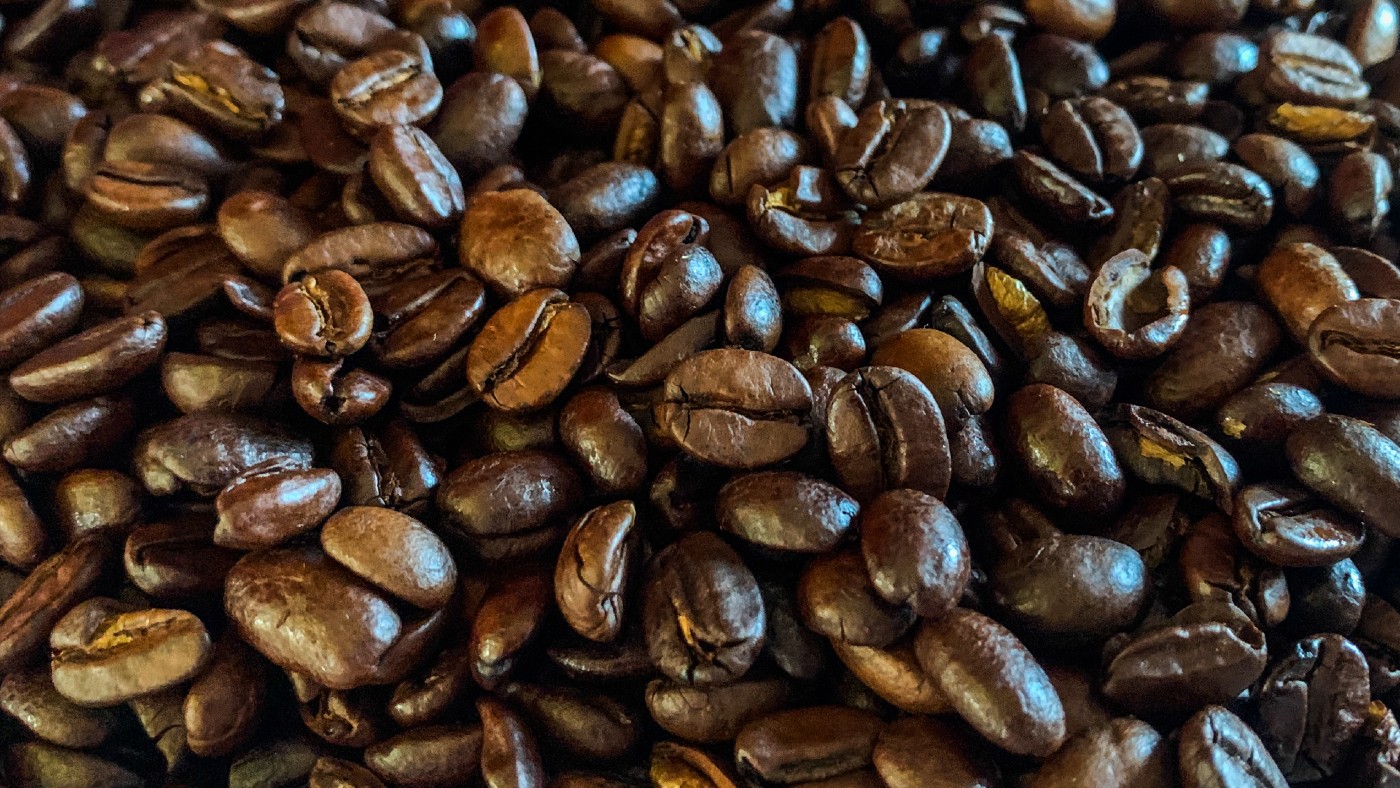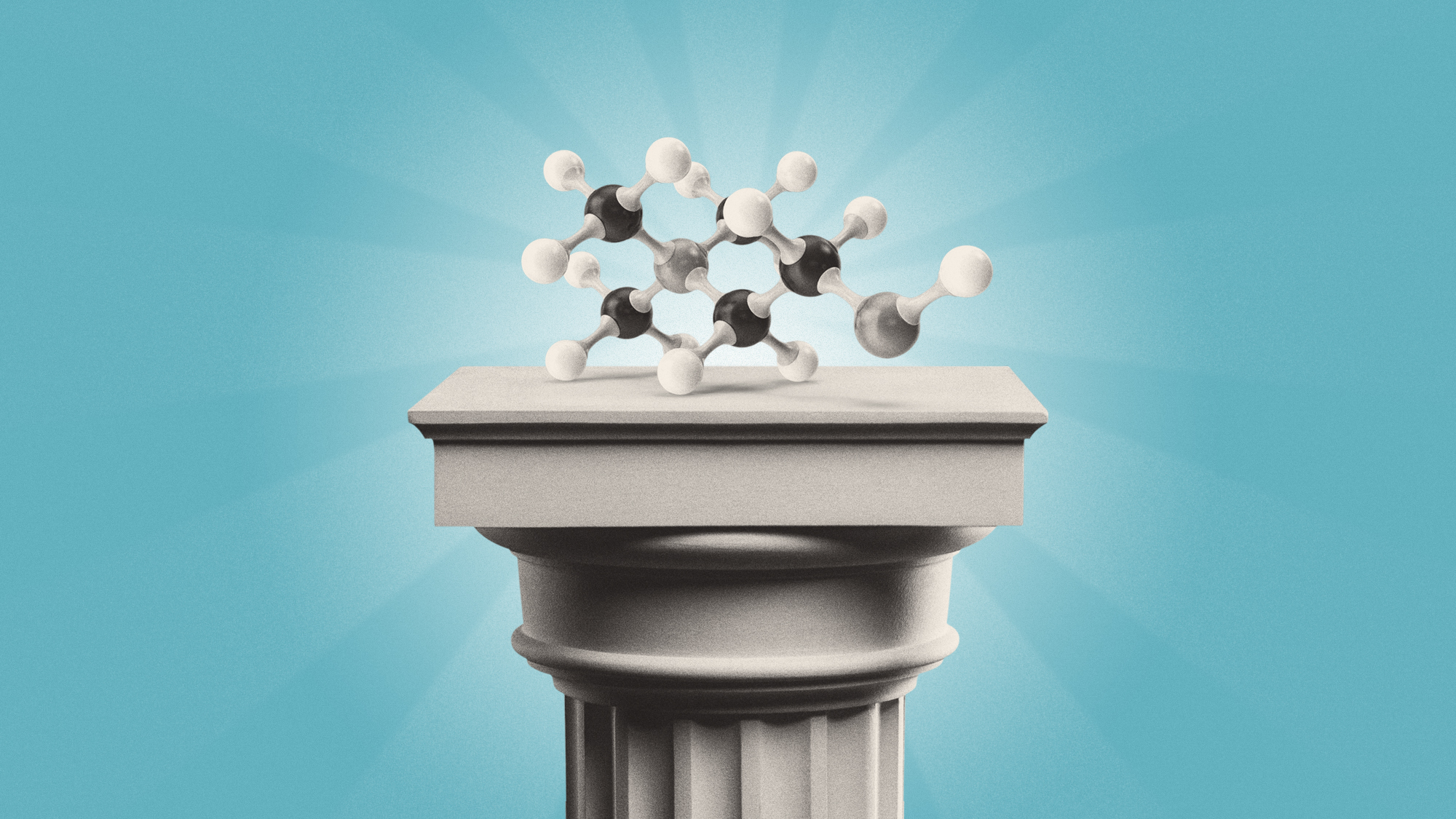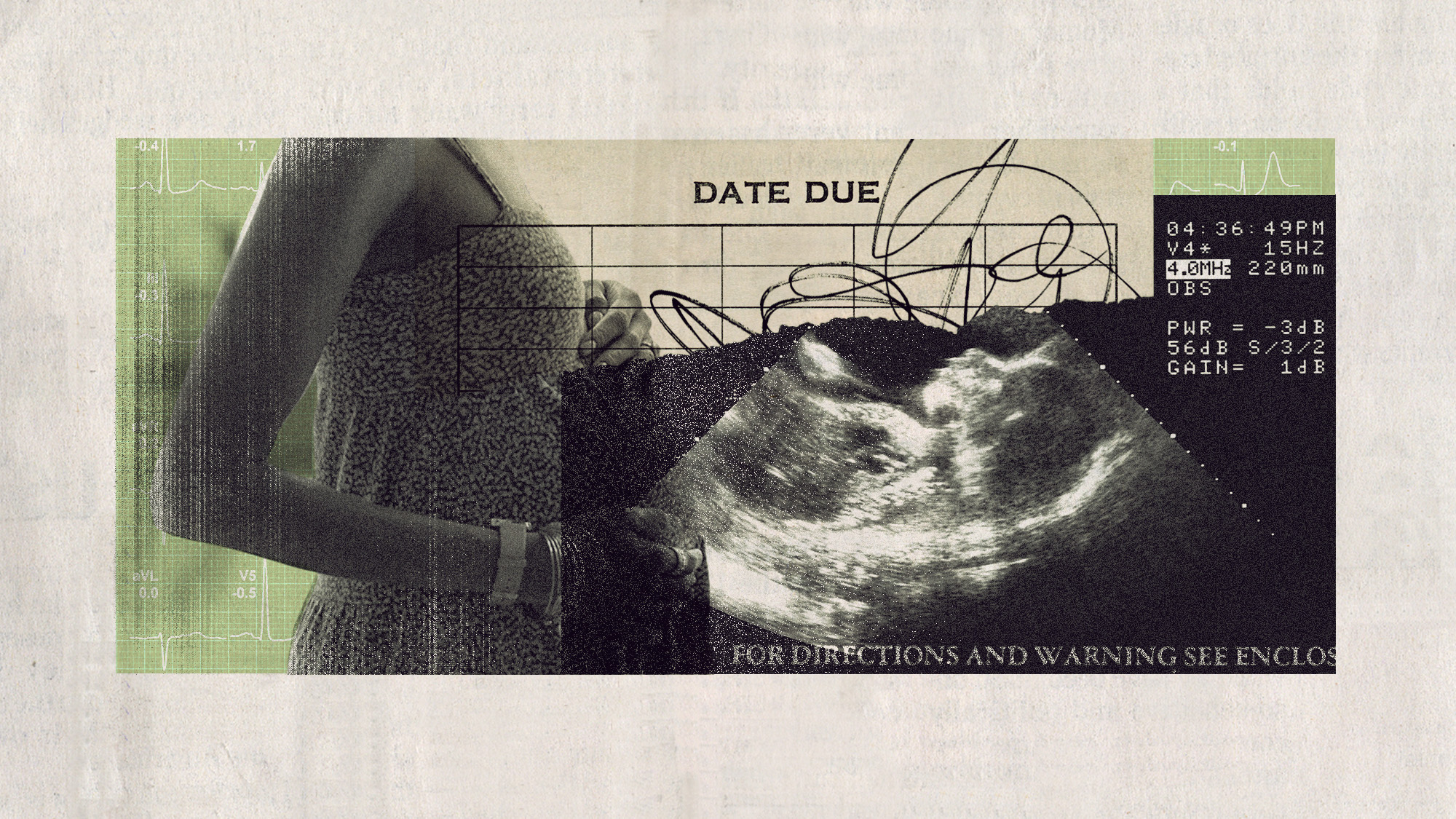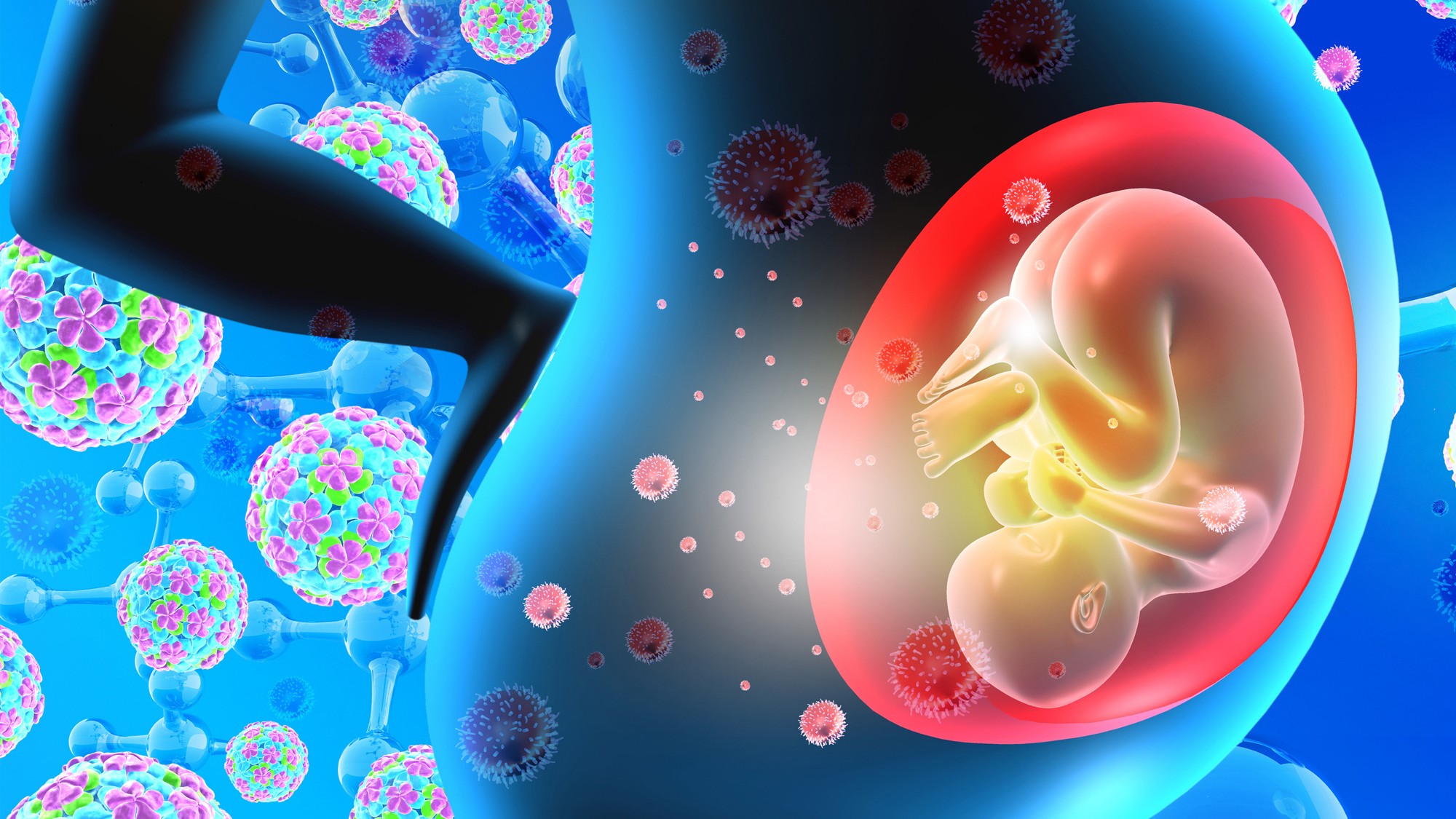The pros and cons of drinking coffee
Studies have shown drinking it in moderation can reduce risk of certain diseases – but it should be avoided during pregnancy

A free daily email with the biggest news stories of the day – and the best features from TheWeek.com
You are now subscribed
Your newsletter sign-up was successful
If most people have a strong view on where to get the best cup of coffee, there must be almost as many opinions on the positive and negative effects of one of the world’s most popular drinks.
According to the British Coffee Association, Britons get through more than 98 million cups of coffee every day, but while some people are attracted by the flavour, others are after a caffeine kick.
This chemical – also found in tea and many fizzy drinks such as cola – can make people feel more alert by blocking sleep-inducing chemicals in the brain and increasing adrenaline production.
The Week
Escape your echo chamber. Get the facts behind the news, plus analysis from multiple perspectives.

Sign up for The Week's Free Newsletters
From our morning news briefing to a weekly Good News Newsletter, get the best of The Week delivered directly to your inbox.
From our morning news briefing to a weekly Good News Newsletter, get the best of The Week delivered directly to your inbox.
However, while these effects can be useful when caffeine is consumed in moderation, too much can leave the drinker feeling “wired”, or shaky and anxious.
Here are some of the pros and cons associated with coffee drinking:
1. Pro: cutting risk of early death
A new study has found that a moderate coffee habit could cut the risk of an early death by up to 31%.
Analysis of 171,000 people in the UK Biobank by a team from Southern Medical University in Guangzhou, China, discovered that those drinking a “moderate” amount, defined as one-and-a-half to three-and-a-half cups of coffee a day, had a lower risk of dying prematurely, irrespective of whether their coffee was sweetened with sugar.
A free daily email with the biggest news stories of the day – and the best features from TheWeek.com
Axios says the results matter because “previous studies have observed coffee is associated with a lower risk of death but didn’t distinguish between unsweetened java and coffee consumed with sugar”.
However, the report “is observational and cannot prove cause and effect”, warned The Times.
“While we can’t conclude definitively that drinking coffee lowers your risk of dying, what we can probably say is that drinking coffee with a little bit of sugar probably doesn’t cause much harm,” said Dr Christina Wee, deputy editor of the Annals of Internal Medicine which published the study.
2. Con: increased anxiety
Overstimulation caused by caffeine can leave some people feeling jittery and anxious.
Researchers at the Maryland-based Johns Hopkins University and the American University in Washington D.C. found that some people suffer from “caffeine use disorder”. Or as study co-author Laura M. Juliano put it: “While many people can consume caffeine without harm, for some it produces negative effects, physical dependence, interferes with daily functioning, and can be difficult to give up, which are signs of problematic use.”
Caffeine can also temporarily raise heart rate and blood pressure, which means anyone who has had a heart attack or been diagnosed with heart disease should reduce their intake to no more than 200mg a day, said Harvard’s Dr Stephen Juraschek. That is around the amount in about two mugs of instant coffee.
3. Pro: cutting risk of disease
“For years, coffee was believed to be a possible carcinogen, but the [United States Department of Agriculture] 2015 Dietary Guidelines helped to change perception,” said The New York Times. “For the first time, moderate coffee drinking was included as part of a healthy diet and when researchers added controls for lifestyle factors, like how many heavy coffee drinkers also smoked, the data tipped in coffee’s favour.”
Earlier this year, data presented at the American College of Cardiology's 71st Annual Scientific Session found that drinking two to three cups of coffee each day lowers your risk of heart disease and dangerous heart rhythms.
The UK Biobank study also found drinking a moderate amount of coffee led to a lower risk of dying from cancer or heart disease.
Other diseases where coffee has shown to have some of the strongest protective effects include Type 2 diabetes, Parkinson’s disease, and liver conditions such as cirrhosis, liver cancer and chronic liver disease.
4. Con: harm during pregnancy
One group that has long been warned to avoid even moderate coffee intake is pregnant women, following studies that suggest high levels of caffeine in pregnancy can lead to babies having a low birthweight, and can even result in miscarriage.
While the NHS says pregnant women should have no more than 200mg per day, or two cups of instant coffee, a research paper published in 2020 suggested there were no safe levels for pregnant women.
The paper, published in BMJ Evidence-Based Medicine which looked at 48 studies on the topic, was described as “controversial” by the BBC.
Professor Jack James, a psychologist at Reykjavik University in Iceland, acknowledged that the work was observational, so could not prove definitively that any caffeine in pregnancy is harmful, but he said analysis, which links caffeine with harm, suggested avoiding drinks like tea and coffee entirely would be the best advice for mothers-to-be and women trying to get pregnant.
The BBC said other experts “strongly disagree, saying this is overkill”, citing the NHS guidelines which, along with the European Food Safety Authority and the American and UK Colleges of Obstetricians and Gynaecologists, recommend limiting, but not eliminating, caffeine consumption during pregnancy.
-
 How to Get to Heaven from Belfast: a ‘highly entertaining ride’
How to Get to Heaven from Belfast: a ‘highly entertaining ride’The Week Recommends Mystery-comedy from the creator of Derry Girls should be ‘your new binge-watch’
-
 The 8 best TV shows of the 1960s
The 8 best TV shows of the 1960sThe standout shows of this decade take viewers from outer space to the Wild West
-
 Microdramas are booming
Microdramas are boomingUnder the radar Scroll to watch a whole movie
-
 ‘Zero trimester’ influencers believe a healthy pregnancy is a choice
‘Zero trimester’ influencers believe a healthy pregnancy is a choiceThe Explainer Is prepping during the preconception period the answer for hopeful couples?
-
 The truth about vitamin supplements
The truth about vitamin supplementsThe Explainer UK industry worth £559 million but scientific evidence of health benefits is ‘complicated’
-
 Stopping GLP-1s raises complicated questions for pregnancy
Stopping GLP-1s raises complicated questions for pregnancyThe Explainer Stopping the medication could be risky during pregnancy, but there is more to the story to be uncovered
-
 Choline: the ‘under-appreciated’ nutrient
Choline: the ‘under-appreciated’ nutrientThe Explainer Studies link choline levels to accelerated ageing, anxiety, memory function and more
-
 The controversial Free Birth Society
The controversial Free Birth SocietyThe Explainer Influencers are encouraging pregnant women to give birth without midwife care – at potentially tragic cost
-
 The rise in unregulated pregnancy scans
The rise in unregulated pregnancy scansUnder The Radar Industry body says some private scan clinics offer dangerously misleading advice
-
 Covid-19 mRNA vaccines could help fight cancer
Covid-19 mRNA vaccines could help fight cancerUnder the radar They boost the immune system
-
 Cytomegalovirus can cause permanent birth defects
Cytomegalovirus can cause permanent birth defectsThe Explainer The virus can show no symptoms in adults